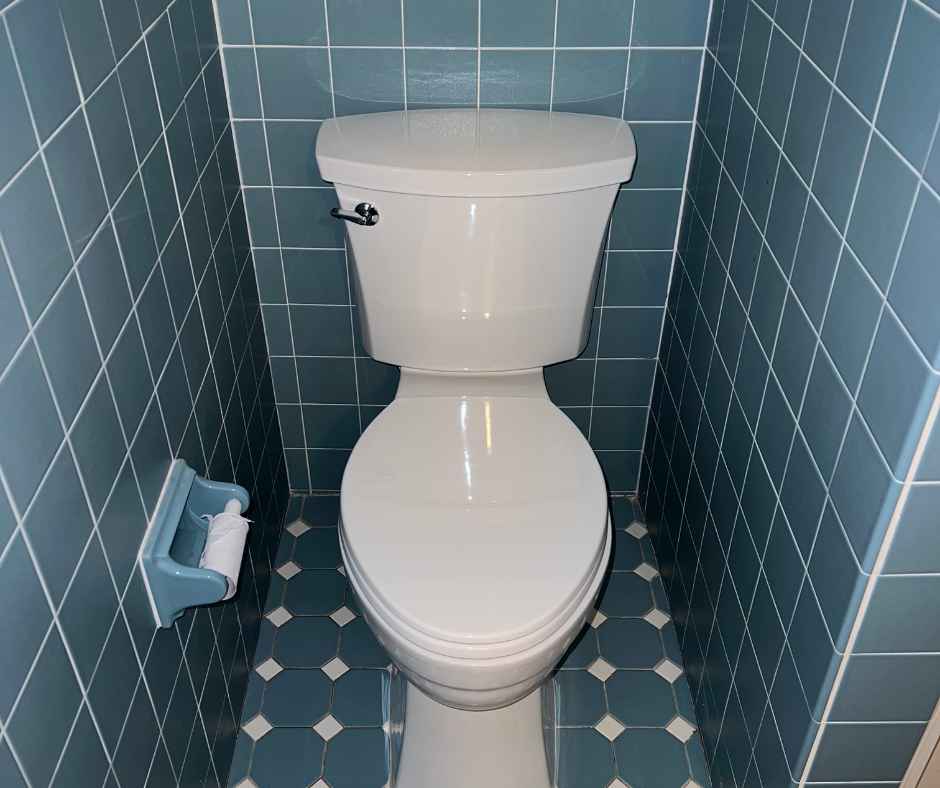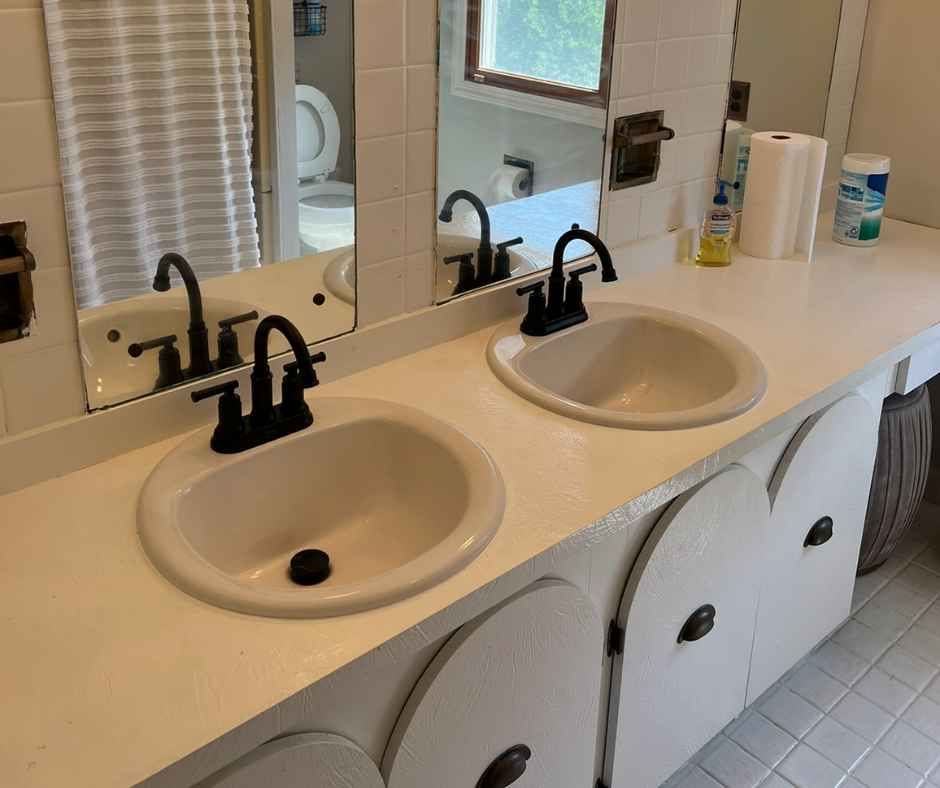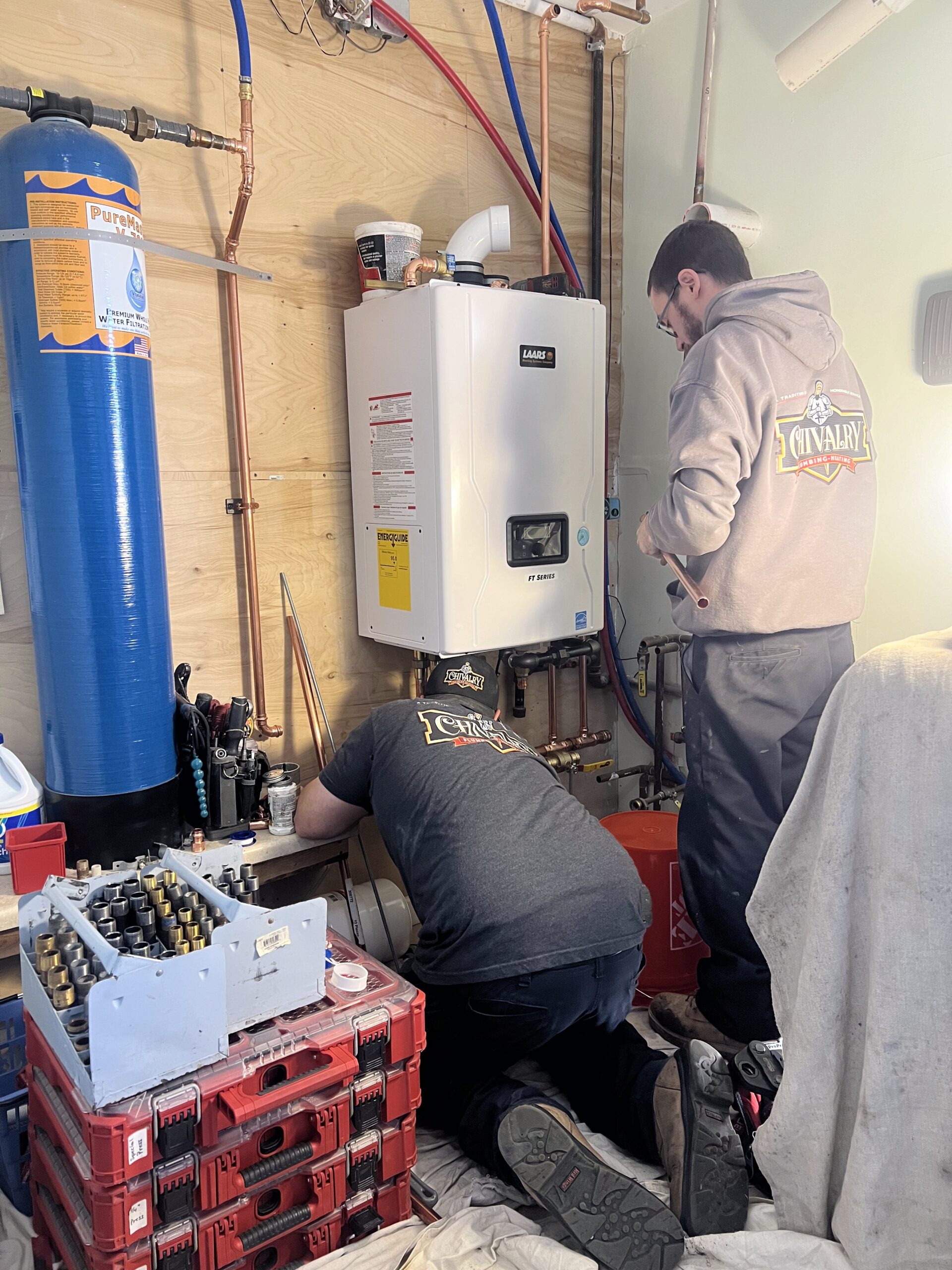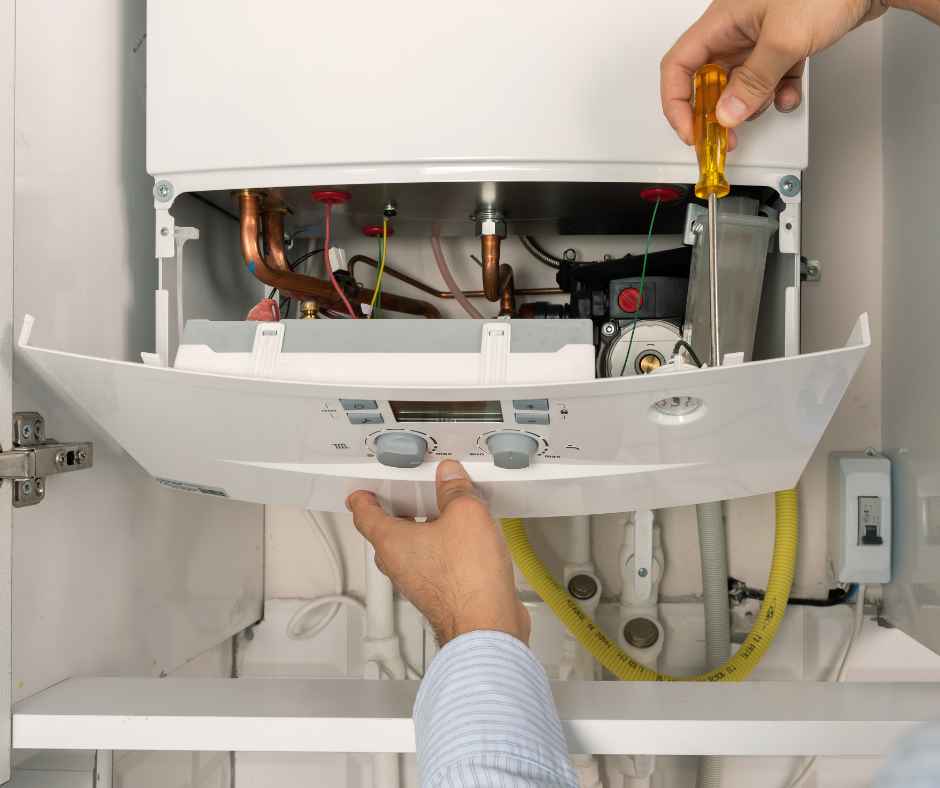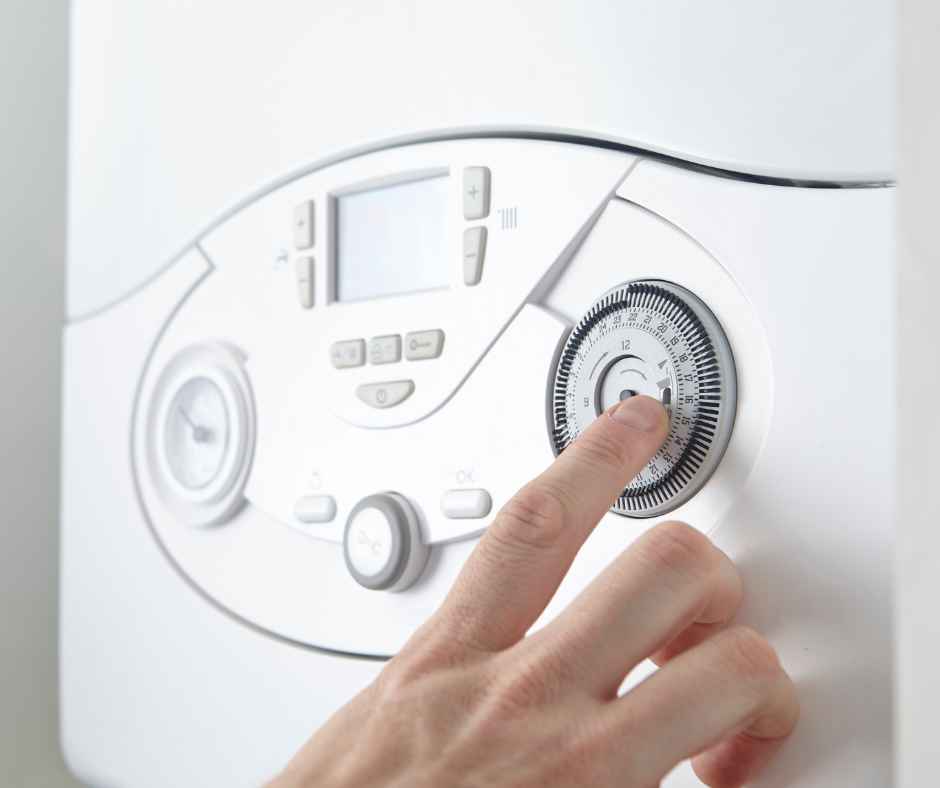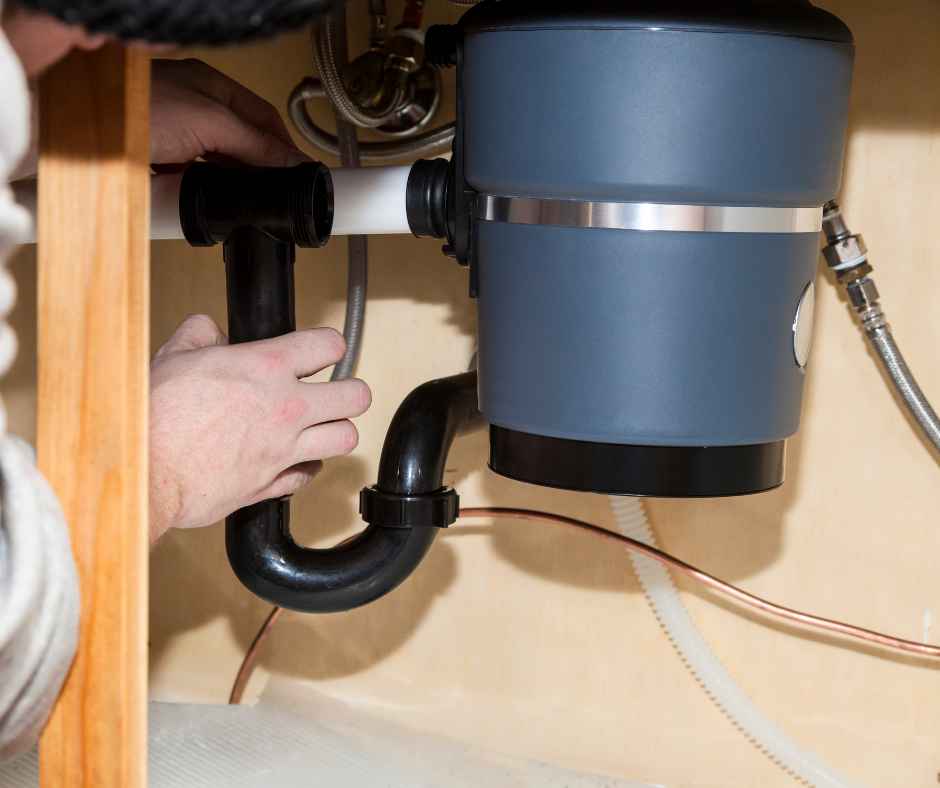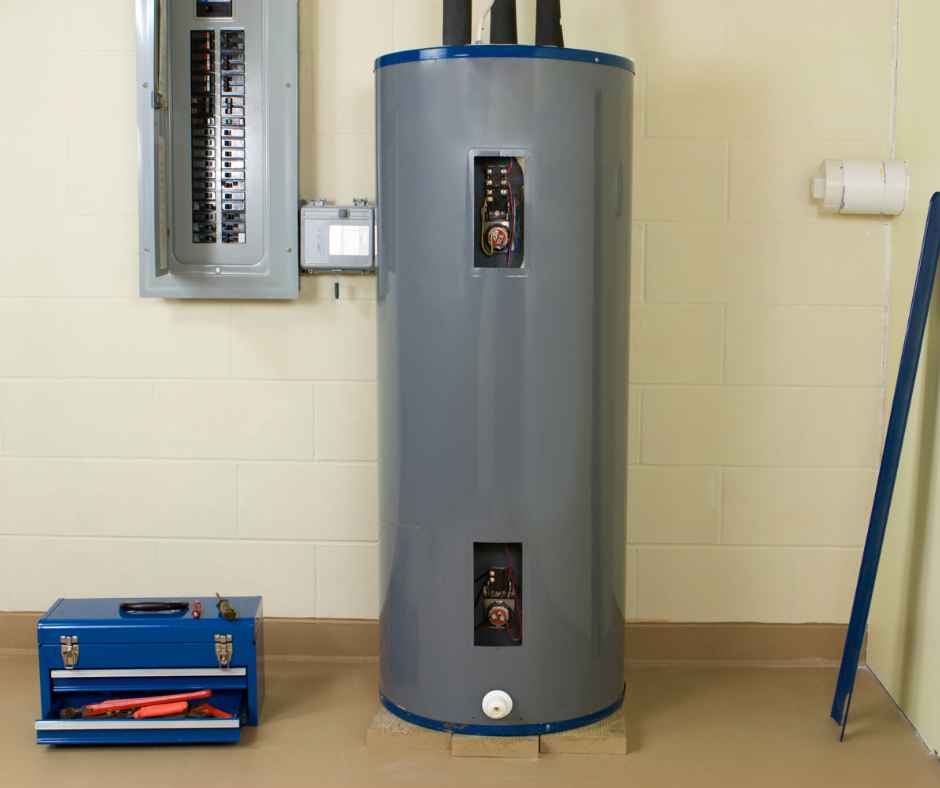
Water Heater Life Expectancy
A well-functioning water heater is essential to every household, providing hot water for showers, dishwashing, laundry, and more. However, like all appliances, water heaters have a limited lifespan. Understanding water heater life expectancy and the factors that impact it can help you prepare for potential replacements and ensure you’re taking steps to extend its life. In this blog, we’ll explore the average life of a water heater, what affects its durability, and how proper maintenance can help you get the most from your system.
What is the Average Life of a Water Heater?
The average life of a water heater varies by type, quality of installation, and level of maintenance. Generally speaking:
- Tank Water Heaters: The most common type of water heater, a traditional tank system typically has a life expectancy of about 8-12 years.
- Tankless Water Heaters: Also known as on-demand water heaters, tankless models can have a lifespan of a water heater that lasts up to 20 years or more with proper care.
The type of water heater you choose plays a significant role in its lifespan, but it’s not the only factor at work. For example, electric water heaters generally last a bit longer than gas-powered ones due to fewer internal components that can wear down. Regardless of the type, keeping up with routine maintenance can positively impact the life expectancy of a water heater.
Factors Affecting Water Heater Life Expectancy
Understanding the factors that influence the lifespan of a water heater can help you better care for your unit and get the most out of it:
- Water Quality: Hard water, which contains a high level of minerals like calcium and magnesium, can reduce the average life of water heater systems. Mineral buildup inside the tank or heating elements causes scaling, which leads to corrosion over time.
- Usage Levels: Higher demand on a water heater—such as in a large household or commercial setting—can shorten the life of a water heater. Frequent usage forces the unit to work harder, which may lead to quicker wear and tear.
- Installation Quality: A properly installed water heater will function more efficiently and last longer. Professional installation ensures the unit is properly sized, located, and connected, which can extend the water heater life expectancy.
- Maintenance Practices: Regular maintenance, including flushing the tank to remove sediment and replacing the anode rod, can make a significant difference in the water heater lifespan. Routine check-ups help prevent issues before they become severe, ultimately prolonging the unit’s life.
- Water Heater Type and Model: High-quality water heaters from reputable brands typically have a longer lifespan of a water heater due to better materials and construction. Choosing a water heater that matches your specific usage needs can also affect its lifespan.
- Climate: Environmental factors such as humidity and exposure to extreme temperatures can affect the life expectancy of a water heater. Units in cooler or damp areas might experience more wear from external factors, leading to faster deterioration.
Signs That Your Water Heater May Be Nearing the End of Its Lifespan
No matter how diligent you are about maintenance, eventually, all water heaters need to be replaced. Here are common signs that your water heater is reaching the end of its life expectancy:
- Inconsistent Hot Water: A water heater nearing the end of its average life will often struggle to maintain consistent water temperature. If you find that your hot water supply is frequently running out or not getting as hot, it may indicate an aging system.
- Rusty Water: Rust-colored water coming from your taps, particularly when using hot water, can indicate internal corrosion. While you may be able to replace an anode rod to slow down the corrosion process, rust inside the tank is often a sign that your water heater lifespan is nearing its end.
- Strange Noises: Sediment buildup inside the tank can cause rumbling, popping, or banging sounds as water heats. Over time, this sediment buildup hardens, reducing efficiency and increasing the likelihood of damage to the tank.
- Visible Leaks: Any leaking around the water heater tank is a serious concern. Leaks often signal internal corrosion, which cannot be easily repaired and generally indicates that replacement is necessary.
- Frequent Repairs: If you find yourself calling a technician frequently, it might be more cost-effective to replace the water heater rather than continuing to repair it. Frequent repairs are often a sign that the life expectancy of a water heater has been reached.
Tips to Extend the Lifespan of a Water Heater
While the average life of a water heater is set by factors beyond your control, there are steps you can take to get the most out of your investment:
- Flush the Tank Regularly: Sediment buildup is one of the primary causes of a shortened lifespan of a water heater. Flushing the tank at least once a year can prevent this buildup, especially if you live in an area with hard water.
- Inspect the Anode Rod: The anode rod is a sacrificial metal rod that helps prevent the tank from rusting. Replacing the anode rod every few years can prevent rust and corrosion, which are major factors in the average life of a water heater.
- Lower the Temperature: Most water heaters are set to 140°F, but lowering it to 120°F can reduce wear and tear on the heating elements, which contributes to an extended life expectancy of a water heater. It’s also a safety measure, reducing the risk of accidental scalding.
- Schedule Regular Professional Inspections: A professional plumber can inspect the unit annually to ensure it’s operating at peak performance. They can address any small issues before they become larger, prolonging the water heater life.
- Use a Water Softener: If you live in an area with hard water, installing a water softener can prevent mineral buildup and extend the lifespan of a water heater.
- Install an Expansion Tank: An expansion tank can help alleviate pressure buildup within the system, especially if your home has a closed-loop plumbing system. Reducing pressure on the tank can add years to the life of a water heater.
Choosing a New Water Heater When the Time Comes
If your current water heater is nearing the end of its life expectancy, it’s essential to choose a suitable replacement. Consider factors such as:
- Energy Efficiency: Newer water heaters come with various energy efficiency ratings. An energy-efficient water heater may cost more upfront but save money over its lifespan.
- Tank or Tankless: Tankless water heaters often have a longer lifespan of a water heater and can be a great option for households looking to save space and reduce energy bills.
- Capacity: Consider your household’s hot water needs when selecting a water heater. Choosing a properly sized unit can prevent overworking the system and prolong its life expectancy.
Contact Chivalry Plumbing & Heating for Water Heater Repair and Maintenance
The average life of a water heater depends on many factors, from the type of water heater to your maintenance routine. With proper care and professional assistance, you can extend the lifespan of a water heater and enjoy years of efficient hot water supply.
If you notice any signs that your water heater might be nearing the end of its life, or if you’re interested in maximizing its life expectancy, Chivalry Plumbing & Heating is here to help. Contact Chivalry Plumbing & Heating for all your water heater repair and maintenance needs, and let us ensure that your home’s hot water supply remains reliable and efficient for years to come.


